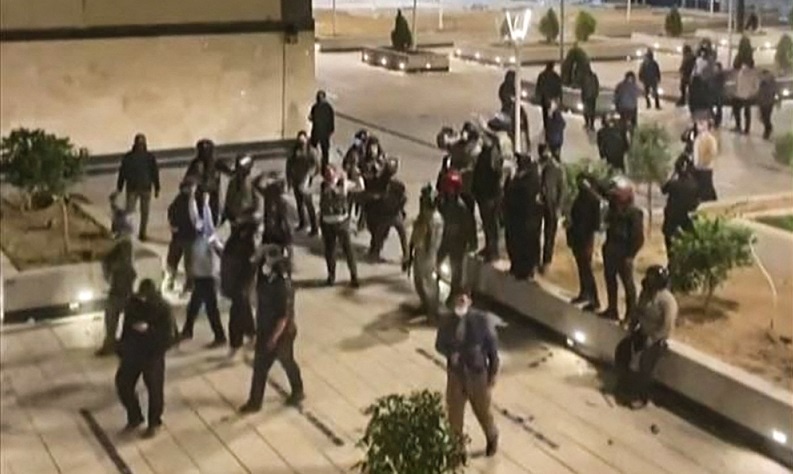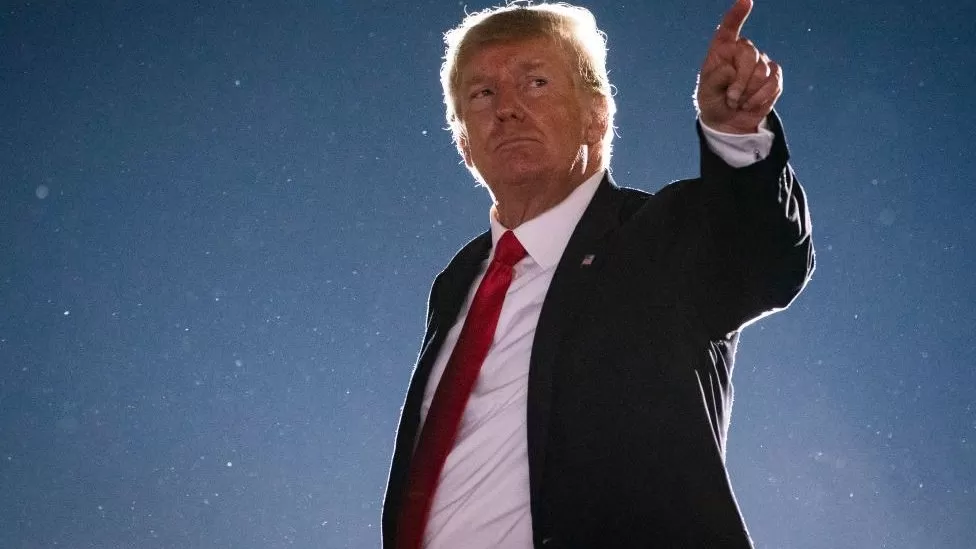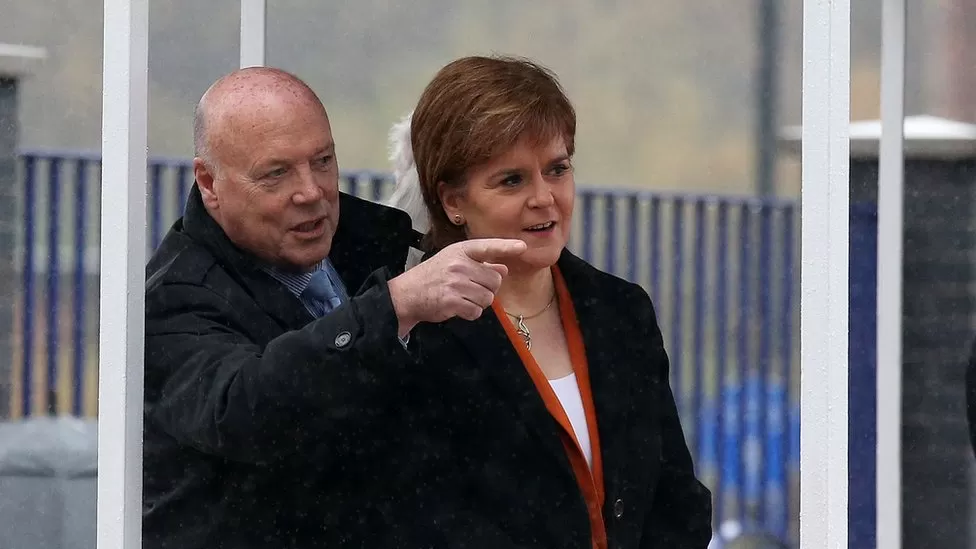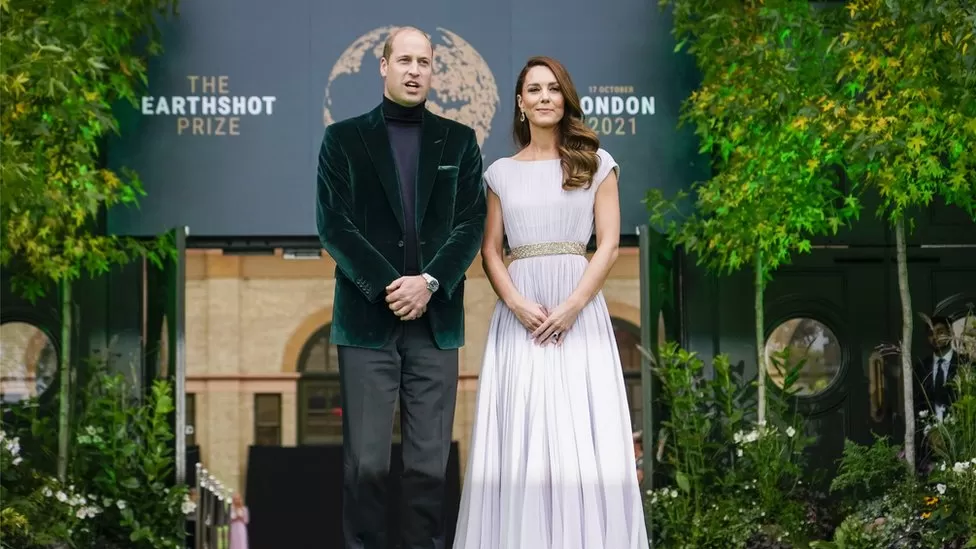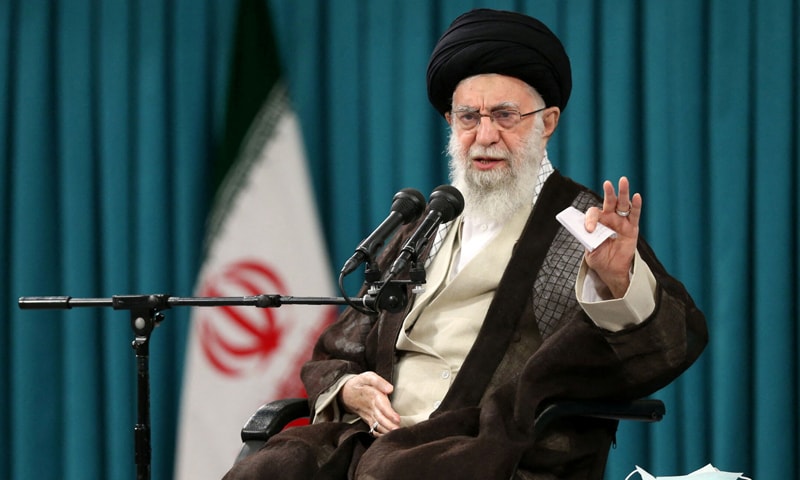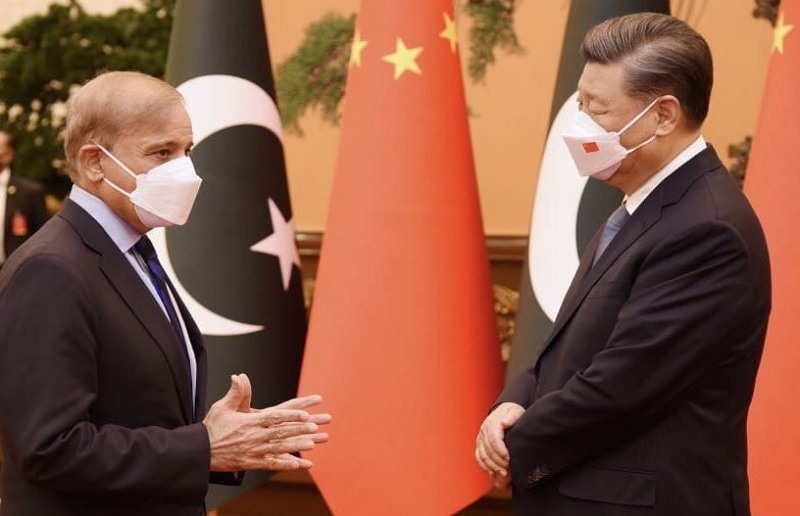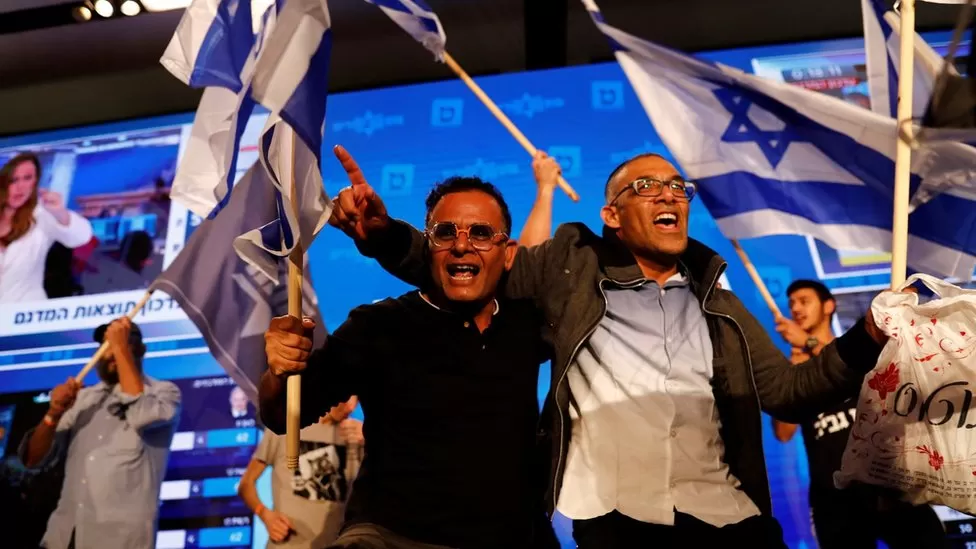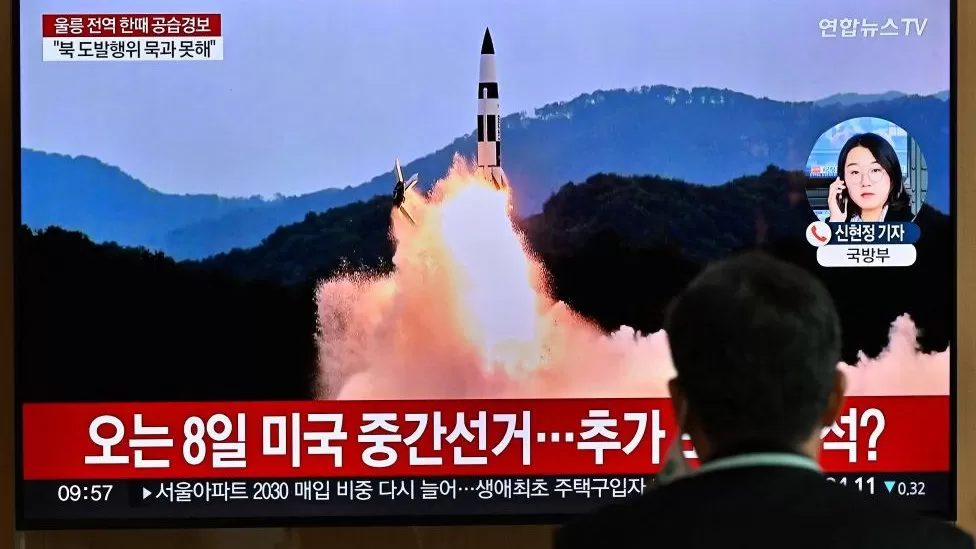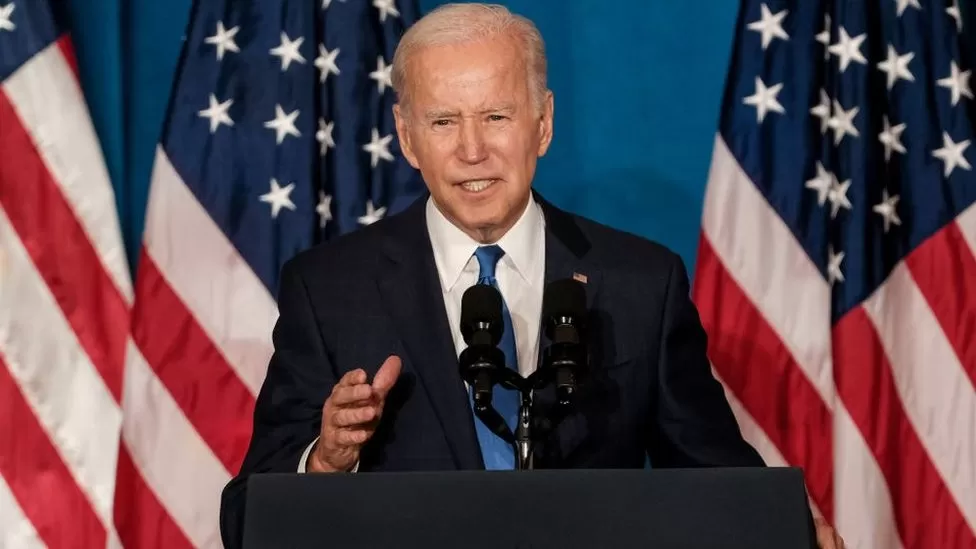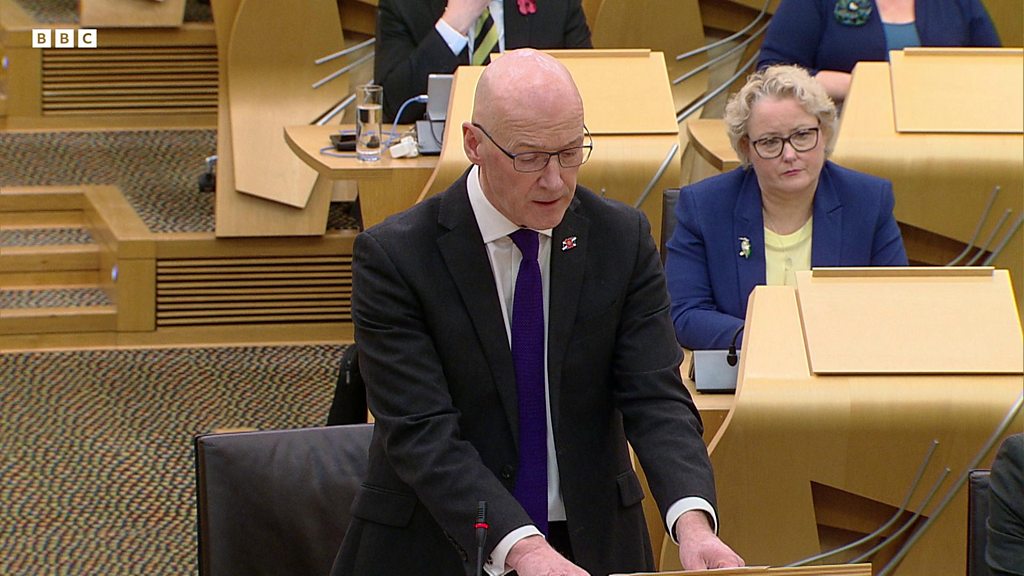Iran has for over six weeks been gripped by protests sparked by the death on Sept 16 of Mahsa Amini, who had been arrested by the “morality police”.
The leadership under Ayatollah Ali Khamenei, 83, has responded with a crackdown that, besides killing over 80 people according to an official count, has seen 1,000 people charged so far.
With the movement showing no signs of abating, the problems for the authorities are compounded by the Muslim tradition of holding `Chehlum’ _ a mourning ceremony 40 days after a death. This means every new killing can fuel fresh protests.
Norway-based group Iran Human Rights said large numbers in Karaj, near Tehran, attended a Chehlum for Hadis Najafi, a 22-year-old woman who activists say was killed by security forces in September.
“This year is the year of blood, Seyyed Ali (Khamenei) will be toppled,” a video showed them chanting.
‘Show trials’
The Kurdish rights organisation Hengaw reported a sequence of protests had taken place on Wednesday in the Kurdish-populated regions of north-western Iran where Amini hailed from, including the city of Sanandaj which has become a major protest flashpoint.
Hengaw said Momen Zandkarimi, an 18-year-old from Sanandaj, was killed by “direct fire from Iranian forces”.
Due to pressure from Iranian security agencies which fear his funeral could turn into a protest, his body has been moved to another village for burial, it alleged.
According to an updated death toll issued on Wednesday by IHR, 176 people have been killed in the crackdown on protests sparked by Mahsa Amini’s death.
Another 101 people have lost their lives in a distinct protest wave in Zahedan, in the south-eastern Sistan-Baluchistan province which borders Pakistan.
Of all those killed, 40 were under 18 years of age, it added.
Thousands have been arrested nationwide, rights activists say, while Iran’s judiciary has said 1,000 people had already been charged over what it describes as “riots”.
The trial of five men charged with offences that can carry the death penalty over the protests opened in Tehran last week.
“The charges and sentences have no legal validity and their sole purpose is to commit more violence and create societal fear,” said IHR director Mahmood Amiry-Moghaddam, condemning the “show trials”.
Hadi Ghaemi, head of the New York-based Centre for Human Rights in Iran, warned that courts handing down death sentences would be a “blatant attempt to terrorise the Iranian people into silence”.
‘Brutal crackdown’
Activists condemned as a forced confession a video published by state-run Iranian media of Toomaj Salehi, a prominent rapper arrested at the weekend after backing the protests, in which a blindfolded man saying he is Salehi admits to making “a mistake”.
Freedom of expression group Article 19 said it was “extremely disturbed Iran state media are sharing forced confessions” with the subject “under clear duress”.
He is currently being held incommunicado under the control of intelligence agents in Tehran’s Evin prison, his uncle Iqbal Iqbali told news site Iran Wire.
At least 51 journalists have been detained in the crackdown, according to the New York-based Committee to Protect Journalists. Fourteen are confirmed to have been released on bail.
Journalist Yaghma Fashkhami became the latest prominent figure to be arrested, his wife Mona Moafi wrote on Twitter.
There is also growing concern over the well-being of Wall Street Journal contributor and freedom of expression campaigner Hassan Ronaghi, who was arrested in September and according to his family is on hunger strike with two broken legs sustained in custody.
On Wednesday, US Vice President Kamala Harris saluted the “bravery” of the women-led protests, as she said Washington would work to remove Iran from the UN Commission on the Status of Women.
“Iran has demonstrated through its denial of women’s rights and brutal crackdown on its own people that it is unfit to serve on this commission,” Harris said.


